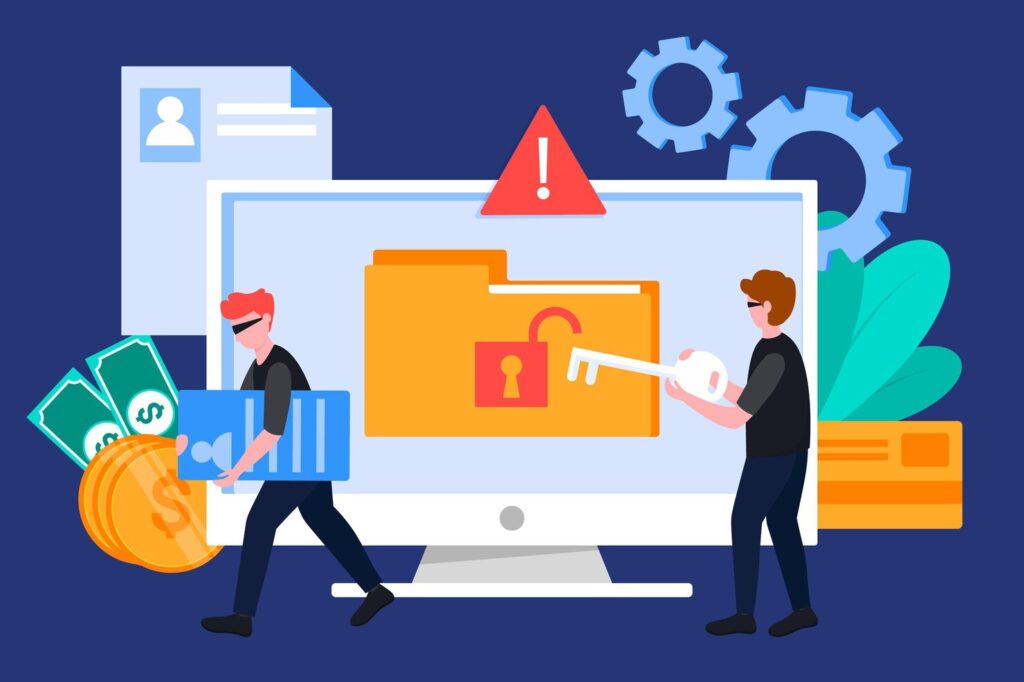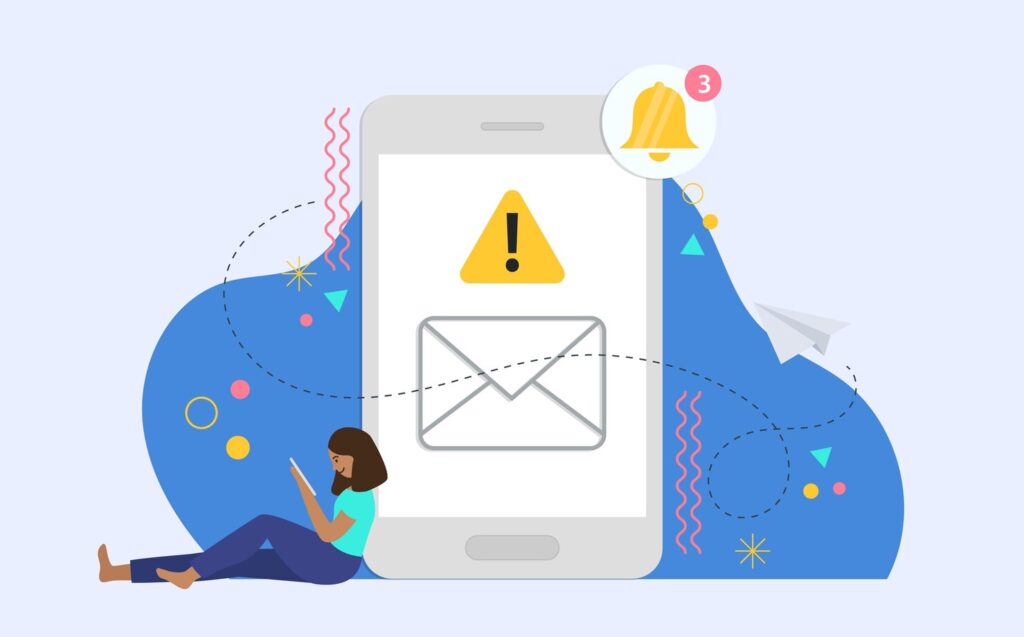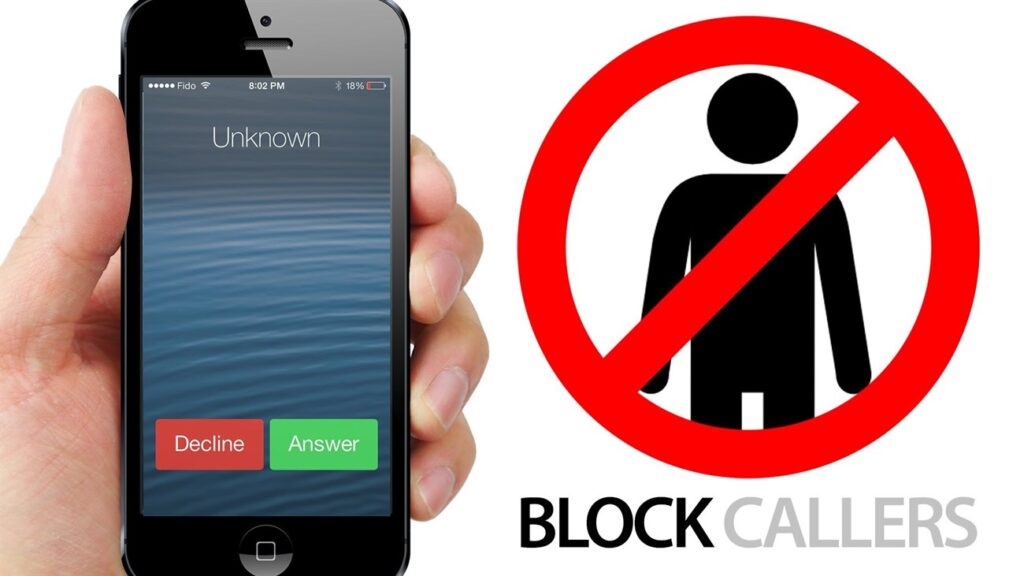Junk calls , along with the wave of spam messages, have become one of the most prominent and annoying problems for phone users around the world. Every day, millions of unwanted calls and messages enter our lives, disrupting, harassing and threatening our privacy. However, this issue is not only at the level of personal annoyance, but also has tremendous consequences for both society and the economy.
The importance of finding solutions to the problem of junk calls is not simply to reduce the frustration of phone users. This is also closely related to protecting the rights and privacy of consumers, maintaining transparency and honesty in business operations, as well as protecting competition in the mobile phone industry.
Let’s find out the source of junk calls as well as solutions to prevent it.
The origin of junk calls?
The root cause of junk calls can be analyzed from a variety of angles, including:
-
Unethical Advertising Businesses: Some organizations that operate unethically may use spam calls to advertise their products or services improperly or harass users.
-
Fraud and Fraud Cases: Some spam calls may be part of deceptive or fraudulent campaigns, with the intent to scam personal or financial information from users.
-
Spam messages and invalid phone number lists: Organizations or individuals can collect lists of invalid phone numbers from untrusted sources, then use them to send spam messages or make spam calls.

-
Automated or robotic software: Increasingly evolving technology can automate the creation and sending of spam calls through software or robots, helping organizations send thousands or even millions of calls without human intervention.
-
Selling lists of personal information: Some organizations or individuals may sell lists of phone users personal information to third parties, which facilitates the sending of spam calls or spam messages.
-
Large communication networks: Large communication networks such as VoIP (Voice over Internet Protocol) provide an opportunity for crooks looking to infiltrate the system and send a series of spam calls automatically.

-
Lack of management and law enforcement: Lack of strong management and law enforcement also facilitates the proliferation of spam calls, as organizations and individuals do not feel concerned about the legal consequences.
In short, the origin of these spam calls is a combination of many factors, from unethical corporate behavior to the misuse of technology and lack of regulatory oversight.
> > See also: Garbage Call – The Disgust And Obsession Of The People? here !
Current solutions:
The software blocks unwanted calls and messages:
-
Unwanted call and message blocking software has become an effective tool for phone users to protect themselves from spam calls and spam messages. Apps such as Truecaller, Hiya and especially the POCY app have been developed to automatically identify and block calls from numbers that have been marked as spam or phishing.
-
Mobile operating systems such as iOS and Android have also integrated call blocking and unwanted messages into the system, providing users with multiple options to control and manage spam calls.
New legal and regulatory restrictions:
-
Many countries have introduced new regulations and laws aimed at restricting or preventing spam calls. These measures include imposing heavy fines on organizations and individuals that send spam calls, as well as requiring carriers to provide tools and services to protect users from spam calls.
-
Further, the new regulations could also include increasing transparency in the collection and use of personal information, giving phone users more control over their data and reducing the risk of harassment from spam calls.

Efforts from carriers and the technical community:
-
Carriers and the technical community have collaborated to develop and implement new technologies aimed at preventing spam calls and spam messages. These technologies include the use of machine learning and artificial intelligence to detect and block automated junk calls, as well as building common blacklists and databases of spam phone numbers.
-
In addition, carriers have also engaged in efforts to strengthen international cooperation to prevent and trace organizations sending junk calls from different countries, ensuring that preventing spam calls is a global task.
What to do next:
There is a need for cooperation between the parties involved: the government, operators and users:
-
The government needs to continue to promote collaboration among stakeholders to build a smarter and more secure network community. This includes the creation of clear policies and regulations on preventing spam calls and protecting users personal information.
-
Carriers need to increase collaboration with governments and technology partners to develop and implement effective solutions to prevent spam calls and spam messages. They also need to facilitate users to report and respond to spam calls easily.
-
Users also play an important role in preventing spam calls by using spam call blocking tools and features on their mobile phones. They should also participate in social and propaganda campaigns to raise awareness of the issue and ask stakeholders to take the necessary measures.

The need for updating and enforcing regulations:
-
The government needs to constantly update and enforce new regulations and laws to ensure that organizations and individuals who send spam calls are held accountable and fined if they violate regulations.
-
Carriers also need to comply with regulations and work closely with government agencies to promote the enforcement of laws and regulations related to junk calls.
Encourage the development of junk call blocking technology:
-
Encourage and invest in research and development of new technology to prevent spam calls and spam messages more effectively. This may include the development of more advanced machine learning and artificial intelligence algorithms to identify and block automated spam calls, as well as the construction of common blacklist review and management systems.
-
It is necessary to create favorable conditions so that technology companies and researchers can collaborate and share information to develop solutions to block spam calls and spam messages in the most effective way.
Summary
In conclusion, the issue of junk calls is becoming a growing challenge for phone users. To solve this problem, there needs to be close cooperation between the government, carriers and users. The necessary measures include updating and enforcing regulations, encouraging the development of spam call blocking technology, and calling for support from all parties involved. Only when we work together can the goal of creating a cleaner and safer mobile phone environment be achieved for everyone.

Related Post
The Junk Call: The Wine of Distress
Giving many people sleepless nights and causing unexpected challenges to daily life, junk calls are becoming...
Spam Messages- “Party” For Scams
Spam messages , junk email, annoying ads are becoming a painful problem in modern society, creeping...
Strong Measures Are Needed to Handle Spam Calls and Spam Messages #1
Spam calls and spam messages are becoming a persistent obsession for mobile users in Vietnam. Every...
Spam Messages: Definition and Harm
Spam message, also known by terms such as unwanted messages, is an increasingly common and frustrating...
“Tips” Get Rid of the “Matrix” – Spam Messages, Spam Calls #1
In the current digital age, the rise of spam messages and spam calls is becoming a...
WARNING: Junk messages are back in full bloom
Recently, spam/ junkmess messages , also known as spam messages , are showing signs of breaking...